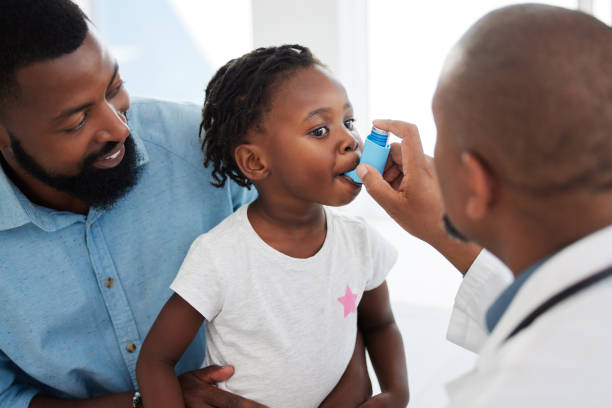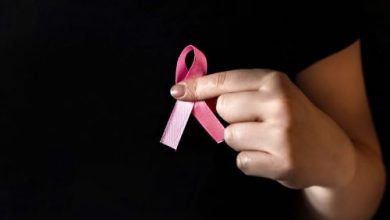How To Protect Your Child From Common Asthma Triggers


Breathing toxic fumes isn’t safe for anyone, but pollution in the environment may harm children more than adults. Growing children eat more, drink more and breathe more in proportion to their body size compared to adults. Thus, children face the biggest health risks from indoor and outdoor pollutants, including environmental pollutants that can trigger asthma attacks.
Asthma is a leading chronic disease affecting children. About 6.5 million children in the United States have asthma. It is a major reason for children going to the hospital or being absent from school.
According to the Environmental Protection Agency (EPA), Black children are twice as likely to be hospitalized for asthma and are four times as likely to die from asthma as white children.
Common asthma triggers
Although there is no cure for asthma, you can help your child manage their asthma by knowing their triggers – things that can bring on asthma symptoms (e.g., wheezing, shortness of breath, chest tightness, etc.) and how to avoid them.
Common indoor triggers include:
- Mold
- Secondhand cigarette smoke
- Pet fur and feathers
- Cockroaches
- Household sprays
- Nitrogen dioxide (from gas appliances)
- Dust mites
Common outdoor triggers include:
- Aerosols
- Pollen
- Factory smoke
- Car emissions
- Ozone
What You Can Do
If your child has asthma or you suspect he or she has asthma, see your doctor immediately.
RELATED: Find A Doctor For Asthma Treatment
Ask the doctor to help you learn which triggers affect your child’s asthma, and ways to help your child avoid these triggers at home, school, and play.
Work with your child’s doctor to develop an asthma management plan and share a copy of




